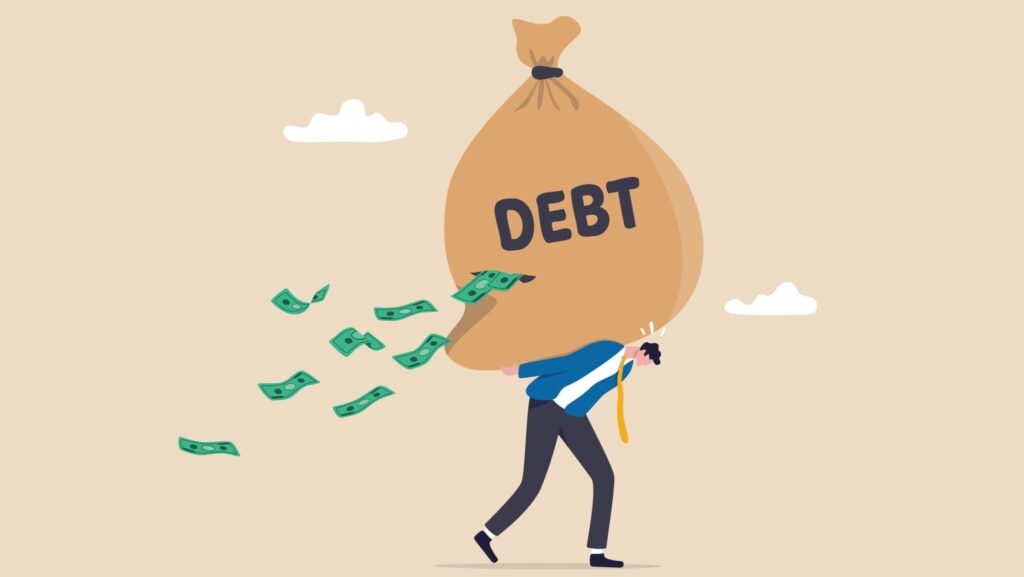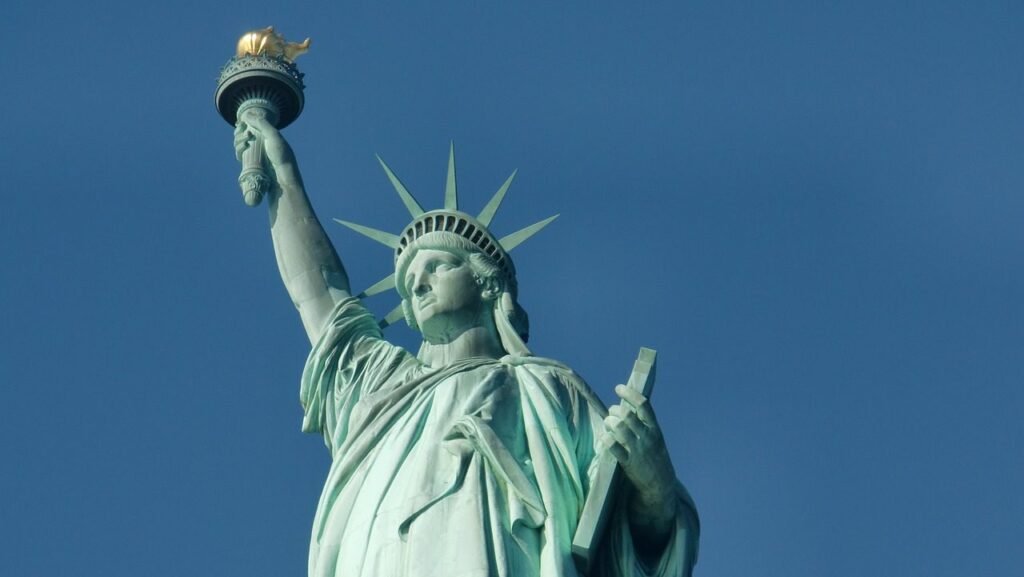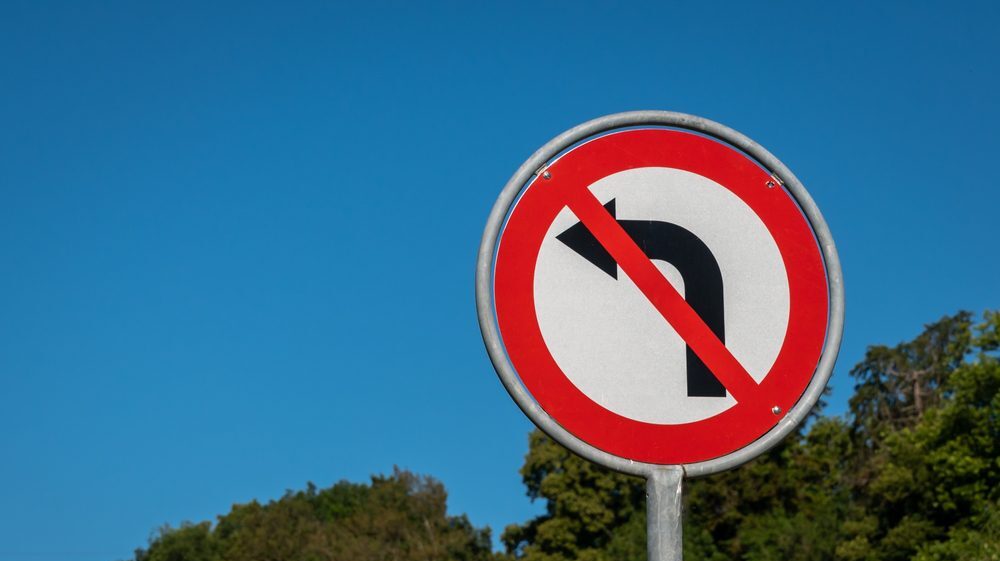
The Swedish government’s budget is thoughtful, intelligent, and well balanced. Let’s see if it also can deliver as promised.

In the world of public finance, we call this ‘rocketing your country into a fiscal crisis.’

With working-class voters increasingly looking to Republicans on election day, the UAW simply cannot remain glued to the Democratic Party and expect to survive as an organization.

The concept of exploitation is deployed by socialists in the public discourse to force conservatives into renouncing capitalism altogether.

Biden’s immigration policy and his bad fiscal management could create a depression worse than the 1930s.

People on the left are extremely self-centered. That explains why this elected Democratic party representative in Minneapolis did not see her own monumental hypocrisy.

U.S. unemployment is rising, but this does not mean a recession is coming. Immigration is causing a recession mirage.

The German government want to deregulate to boost business. Let’s hope they do it right!

Republicans are talking about impeaching Biden. Meanwhile, Biden’s justice machine is indicting Trump. Who will actually be on the ballot next year?

Senator Bernie Sanders, a devout socialist, wants the Democrat party to make a left turn in the next election. Do the Republicans have what it takes to oppose them?

When socialists tell us what their ideology is all about, we had better listen.

The battle for control over the GOP is in full swing. The old establishment are dead set on taking back the party from the MAGA Trumpers.